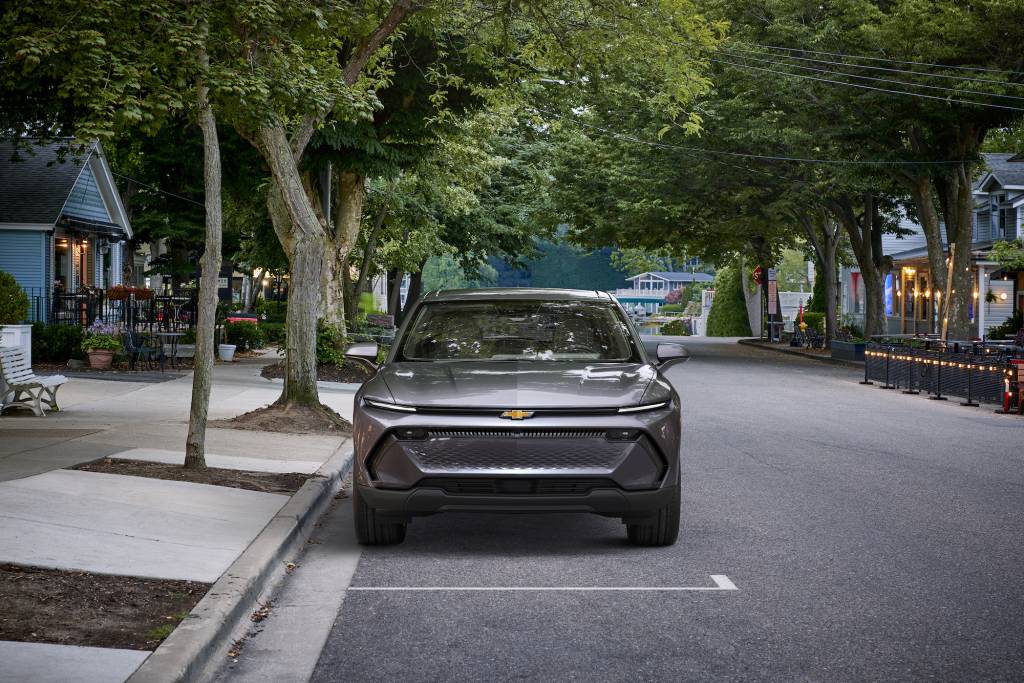- GM EVs can now charge at over 17,800 Tesla Superchargers
- Most Superchargers will require an adapter
- Unlike Ford and Rivian, GM charges $225 for the adapter
General Motors on Wednesday announced that it will begin shipping North American Charging Standard (NACS) adapters that will give its EV owners access to more than 17,800 Tesla Supercharger DC fast-charging stations.
The automaker follows Ford and Rivian, which began shipping free adapters to customers this past spring. But GM will charge its customers $225 for adapters, which the automaker said will first be made available in the U.S., followed by Canada later this year. GM noted that it’s “leveraging multiple suppliers” to produce adapters, helping to ensure no supply bottlenecks occur.
GM EVs get Tesla Supercharger access in 2024
Superchargers will also be integrated with GM’s in-vehicle charging apps, allowing drivers to use those same apps to locate a charger, check its status, and initiate and pay for charging, according to GM. With compatible Superchargers, GM claims its customers will have access to 321,800 DC fast-charging and Level 2 AC public chargers in North America. That includes a number of road-trip fast-charging stops co-branded with EVgo.
GM announced that it would adopt NACS in June 2023 in what turned out to be the second of a series of announcements by automakers planning to use the Tesla charge port. At the time, GM said it would begin adding NACS ports to future EVs in 2025. Hyundai, meanwhile, has already added an NACS port to the Ioniq 5 for the 2025 model year.

2025 Chevrolet Equinox EV
The arrival of adapters marks the first step in GM’s move away from a charging standard it helped establish. GM was one of a coalition of automakers that helped bring about the Combined Charging Standard (CCS) in 2011, and was the first to install a CCS port in a production vehicle—the 2014 Chevrolet Spark EV.
The NACS port may give GM customers access to more stations, but it won’t solve all charging problems. As of June 2023, when GM made its NACS announcement, there were actually more CCS connectors in the U.S. than NACS ones. And while the Tesla Supercharger network continues to get high marks for reliability, that will only extend to non-Tesla EVs if automakers and hardware suppliers can ensure interoperability between a wider array of vehicles and charging stations.


